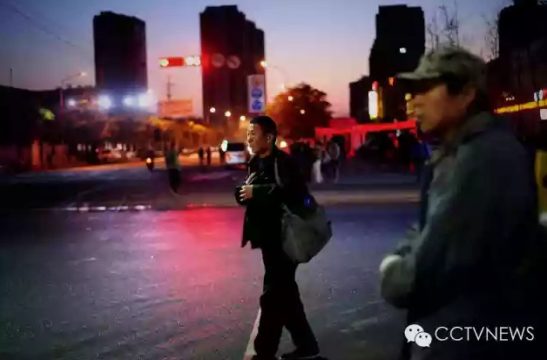Reform of China’s hukou system — a household registration system used to divide rural and urban permits of where people are allowed to live and work — was one of the topics discussed during the 13th Five-Year Plan meeting. The reforms especially focus on the country’s migrant workers.
The reforms would allow migrant workers from the rural areas with stable work and skills to settle in cities with their families, and enjoy the same rights as people currently registered as city dwellers.
All provinces, autonomous regions, and municipalities in China will issue plans for the reform of the hukou system before the end of this year, including the Xiangyang city located in central China’s Hubei Province, which recently announced a new residential permit system giving all urban and rural residents the same access to social welfare and public services.
As China accelerates its urbanization process, reform of the hukou system has become almost inevitable. 
Many migrant workers have had mixed feelings towards registering as a city dweller, because under the current system they would lose the rights to their land. When people moved from one area to another and were able to register for a new hukou permit, they were reluctant to do so.
“A third of the people from our village have bought apartments in Xiangyang city. They can apply for a hukou in the city and enjoy the same benefits (as their neighbors). But no one did that,” Zhao Zhongxin, a resident in the Wengang village in Xiangyang, said.
But under the new system, migrant workers who register to live in the city will be able to keep their land rights in their village. The local government of Xiangyang city will allocate an average of 150,000 yuan ($23,500) for each new resident in the city to cover basic benefits.
Local officials said that this plan will protect migrant workers. For example, if they lose their job in the city, they could return to their village and farm without losing any of their original rights.
More details:
- In 2013, about 36 percent of China’s population lived in urban areas. That figure is expected to reach 45 percent by 2020.
- It is estimated there are still some 250 million unregistered migrant workers.
- Almost 70 percent of those who will benefit from the new system are migrant workers.
 CGTN America
CGTN America


